detail profile pierre barouh
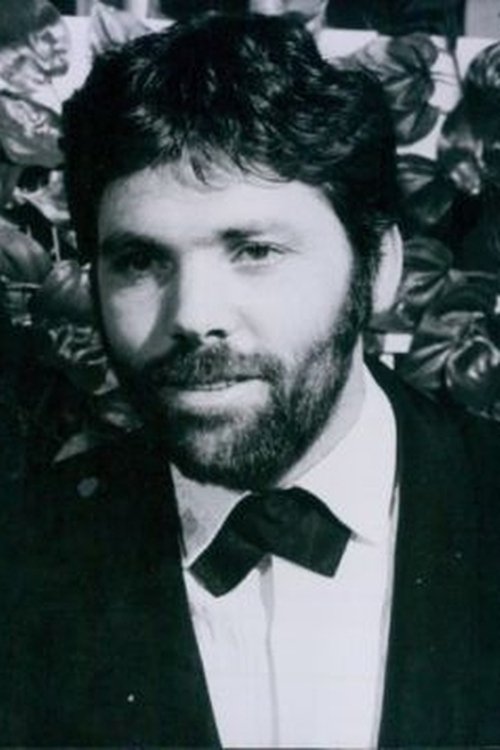
Riwayat Hidup
Pierre Barouh (born Élie Pierre Barouh; 19 February 1934 – 28 December 2016) was a French writer-composer-singer best known for his work on Claude Lelouch's film A Man and a Woman as an actor and the lyricist/singer for Francis Lai's music score.
Barouh was born in Paris and along with his brother, Albert, and sister, was raised in Levallois-Perret.
Their parents were Turkish-Jewish stallholders selling fabrics.
During the Second World War, their parents hid them from the Nazis; Pierre and his sister in Montournais and Albert in la Limouzinière.
During these years Élie, baptised Pierre, lived at La Grèlerie, the home of Hilaire and Marie Rocher, who had two sons.
From this time, he drew inspiration for songs like "À bicyclette", "Des ronds dans l'eau" and "Les Filles du dimanche".
After the war, he was briefly a sports journalist for Paris-Presse-Intransigeant and also played for the national volleyball B team in the 1950s.
He spent some months in Portugal and discovered Brazilian music.
He visited Brazil in 1959 and on his return to Paris got to know the principal Brazilian writers and composers of bossa nova.
With his first earnings he bought the mill, la Morvient, by the river in Le Boupère in the Vendée where he had spent part of his childhood.
There he established a recording studio and welcomed other artists, using it to advance the talent of others and creating his own label Saravah in 1965.
With the label he wished to mix musicians and styles, to multiply musical encounters.
He worked, notably, with Pierre Akendengué, Areski Belkacem, Brigitte Fontaine, Nana Vasconcelos, Gérard Ansaloni, Jacques Higelin, Alfred Panou, Maurane, David McNeil, Elis Regina.
Soon after the label's creation, Barouh realised that he was not a manager and so entrusted management to a teenage friend he had known when he was 15 playing volleyball.
However, in 1972, he discovered that this friend had stolen 1,500,000 francs by means which prevented Barouh from being able to get any of it back, as he "had given him everything: signatures, etc".
As an actor, he played the role of the gypsy leader in the film D'ou viens-tu Johnny? and appeared in Lelouch's Une fille et des fusils.
As writer/performer he had success with La Plage – immortalised by Marie Laforêt and the guitarist Claude Ciari -, Tes dix-huit ans and Monsieur de Furstenberg.
He shot a documentary on the beginnings of bossa nova with his longtime friend Baden Powell de Aquino.
In 1966 he participated in the enormous success of the film A Man and a Woman which won the Palme d'Or at the 1966 Festival de Cannes.
He married the actress Anouk Aimée the same year; they divorced three years later.
Barouh died in the Hôpital Cochin in Paris from an infarction on 28 December 2016, at the age of 82.
He was buried a week later at Montmartre Cemetery.
Source: Article "Pierre Barouh" from Wikipedia in English, licensed under CC-BY-SA 3.
0.
Info Pribadi
Peran Yang Di Mainkan Pierre Barouh
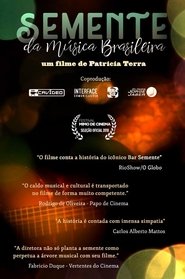 It tells the story of the...
It tells the story of the...Semente da Música Brasileira 2018
It tells the story of the musicians who revitalized Lapa, from the end of the 90s, in meetings on the small stage of "Bar Semente". The documentary is a historical record of a stronghold of cultural effervescence that remained in the affective memory of Rio de Janeiro.
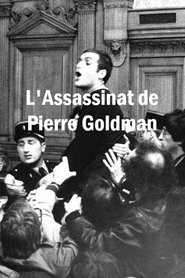 This film attempts to reveal the...
This film attempts to reveal the...L'Assassinat de Pierre Goldman 2005
This film attempts to reveal the reasons behind the death of Pierre Goldman and the identities of his murderers. Reviewing each of the unexplained elements surrounding the murder, the director questions friends and witnesses, travels to Venezuela, Guadeloupe, and Poland and uncovers certain rare archives. In so doing, he illuminates the many shadow zones of an unusual personality, symbol of a generation who thought to change to world. 30 years later, will this film disentangle the complex web of an unsolved mystery?
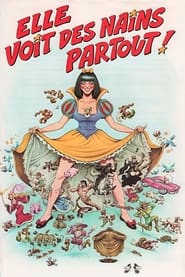 La reine de France meurt en...
La reine de France meurt en...Elle voit des nains partout ! 1982
La reine de France meurt en couche. Elle met au monde un petite fille prénommée Blanche-neige. Le roi deçu de n'avoir pas un fils est résolu à faire disparaître sa progéniture mais c'est sans compter sur la protection de nombreux personnages de la littérature enfantine : les fées, Tarzan, Robin des Bois ou d'autres encore...
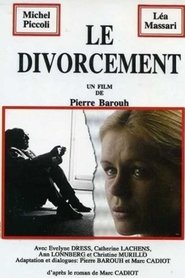 In this rambling comic tale about...
In this rambling comic tale about...Le divorcement 1979
In this rambling comic tale about a man and a wife, with four children, who calmly announce to the children that they want to divorce one another, it is impossible to tell who is dissatisfied with whom about what. They had seemed to be a perfect couple. Their flabbergasted children have mixed feelings, and the most difficult thing about the divorce, besides understanding why it is taking place at all, is deciding what will happen with the couple's numerous pets.
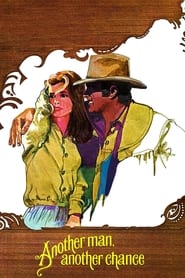 Young Jeanne falls in love with...
Young Jeanne falls in love with...Another Man, Another Chance 1977
Young Jeanne falls in love with photographer Francis, who soon takes her with him when he emigrates to America. In a small town in the still wild west, they build up a small photo shop. Meanwhile, animal doctor David lives on his lonesome farm together with his unlucky wife. It takes years and two tragic accidents until Jeanne and David meet. She has already decided to return to France as soon as possible, but love, and fate, have other plans.
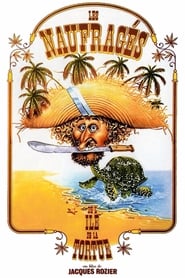 JeanArthur has been working as a...
JeanArthur has been working as a...The Castaways of Turtle Island 1976
Jean-Arthur has been working as a clerk in a travel agency. One day, he, along with his colleague comes to a brilliant idea: what if I offer tourists real extreme recreation? So the group of tourists land on a deserted island with no food, no shelter, nothing.
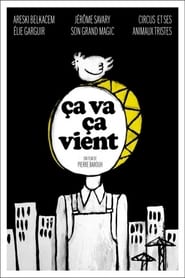 Areski and Elijah two childhood friends...
Areski and Elijah two childhood friends...It Comes, It Goes 1972
Areski and Elijah, two childhood friends (an Arab and a Jew) suburban neighbors working on a construction site of Place des festivals (Belleville) and thus participating in what has driven the city face a wildcat strike providing transportation to one of them "under the imponderable."
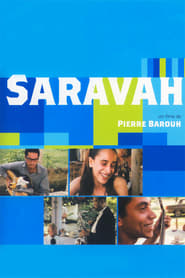 Documentary about Brazilian music circa 1969 with...
Documentary about Brazilian music circa 1969 with...Saravah 1969
Documentary about Brazilian music circa 1969, with extremely rare scenes, such as the only color footage of Pixinguinha, images of João da Baiana, one of the fathers of Samba, Maria Bethânia rehearsing at Barroco nightclub, Baden Powell playing his acoustic guitar, Paulinho da Viola showing his masterpiece "Coisas do Mundo, Minha Nega", that he had just finished, and Márcia, a singer from São Paulo.
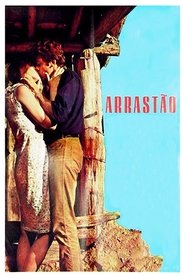 The legend of Tristan and Isolde...
The legend of Tristan and Isolde...Doomed Lovers 1967
The legend of Tristan and Isolde is one of the most beautiful love epics ever conceived. Richard Wagner, in a famous opera, had already tarnished its purity. The modern transposition of the legend is set in Brazil, in a village of poor fishermen on Guanabara Bay, framed by mountains not far from Rio de Janeiro. Two young cousins, Marcos and Jeronimo, get together to fish successfully - the arrastao is a large fishing net - and to resist the ugly local landowner, who sets the rules and the prices. This owner has a niece: Emaïsa, who loves Marcos and is loved by him.
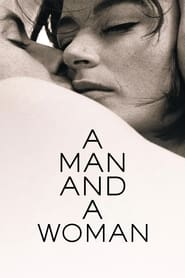 A man and a woman meet...
A man and a woman meet...A Man and a Woman 1966
A man and a woman meet by accident on a Sunday evening at their childrens' boarding school. Slowly, they reveal themselves to each other, finding that they have something deeply in common.
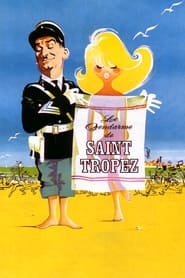 The ambitious police officer Cruchot is...
The ambitious police officer Cruchot is...Le Gendarme de Saint-Tropez 1964
The ambitious police officer Cruchot is transferred to St. Tropez. He's struggling with crimes such as persistent nude swimming, but even more with his teenage daughter, who's trying to impress her rich friends by telling them her father was a millionaire and owned a yacht in the harbor.
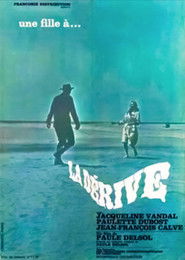 In the 1960s Jacquie a rebellious...
In the 1960s Jacquie a rebellious...The Drifting 1964
In the 1960s, Jacquie, a rebellious young woman, turns her back on her family to accompany an itinerant guitar player, Pierre, across France. The love affair is short-lived and when Pierre walks out of her life, Jacquie ends up in the bed of the first man she meets, a student. Disillusioned and broke, Jacquie returns to her home, but refuses to follow the example of her sister, who has become trapped in a life of domesticity. Whilst looking for a job worthy of her talents, she pursues a series of amorous adventures with men from all walks of life. Will any of them live up to her expectations...?
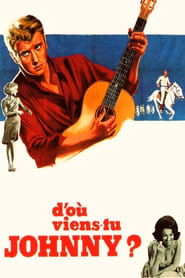 Without knowing it Johnny a young...
Without knowing it Johnny a young...Where Are You From, Johnny? 1963
Without knowing it, Johnny, a young rock musician, finds himself involved with a Parisian drug gang. Realising he is being set up, he throws the drugs into the Seine and takes refuge in the Camargue with his family and his fiancée, Gigi. Meanwhile, the dealers are hot on their heels.
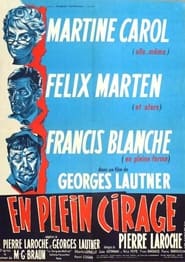 The owner of a hightech heating...
The owner of a hightech heating...Operation Gold Ingot 1962
The owner of a high-tech heating mechanism is being forced by gangsters to help them in a plot to steal gold ingots. An ex-secret agent is called in to search for him and stop the criminals.
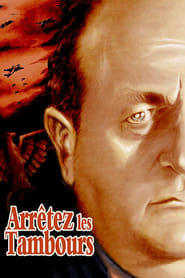 In 1944 in a small village in...
In 1944 in a small village in...Women and War 1961
In 1944, in a small village in Calvados, just as the Allies landed, a British plane was shot down. The wounded pilot seeks help. All the villagers, who speak only of resistance, refuse to help, for fear of reprisals. Only the mayor, Dr. Leproux, takes him in and nurses him back to health, then entrusts him to the Resistance. But the Germans get wind of the story and arrest Leproux. He is saved by Major Frantz. But the budding friendship between these two men "doesn't stop the drums", and the war is on.
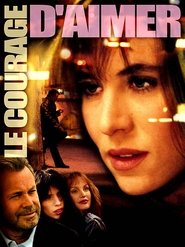 A picture of humankind in Paris...
A picture of humankind in Paris...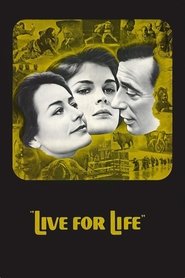 Famous TV newscaster Robert Colomb is...
Famous TV newscaster Robert Colomb is...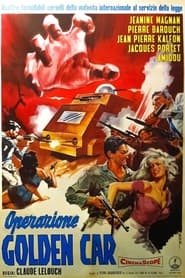 Four prisoners are gathered in the...
Four prisoners are gathered in the...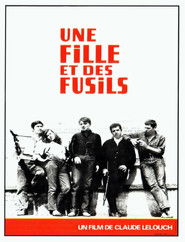 Four young people tired of working...
Four young people tired of working...